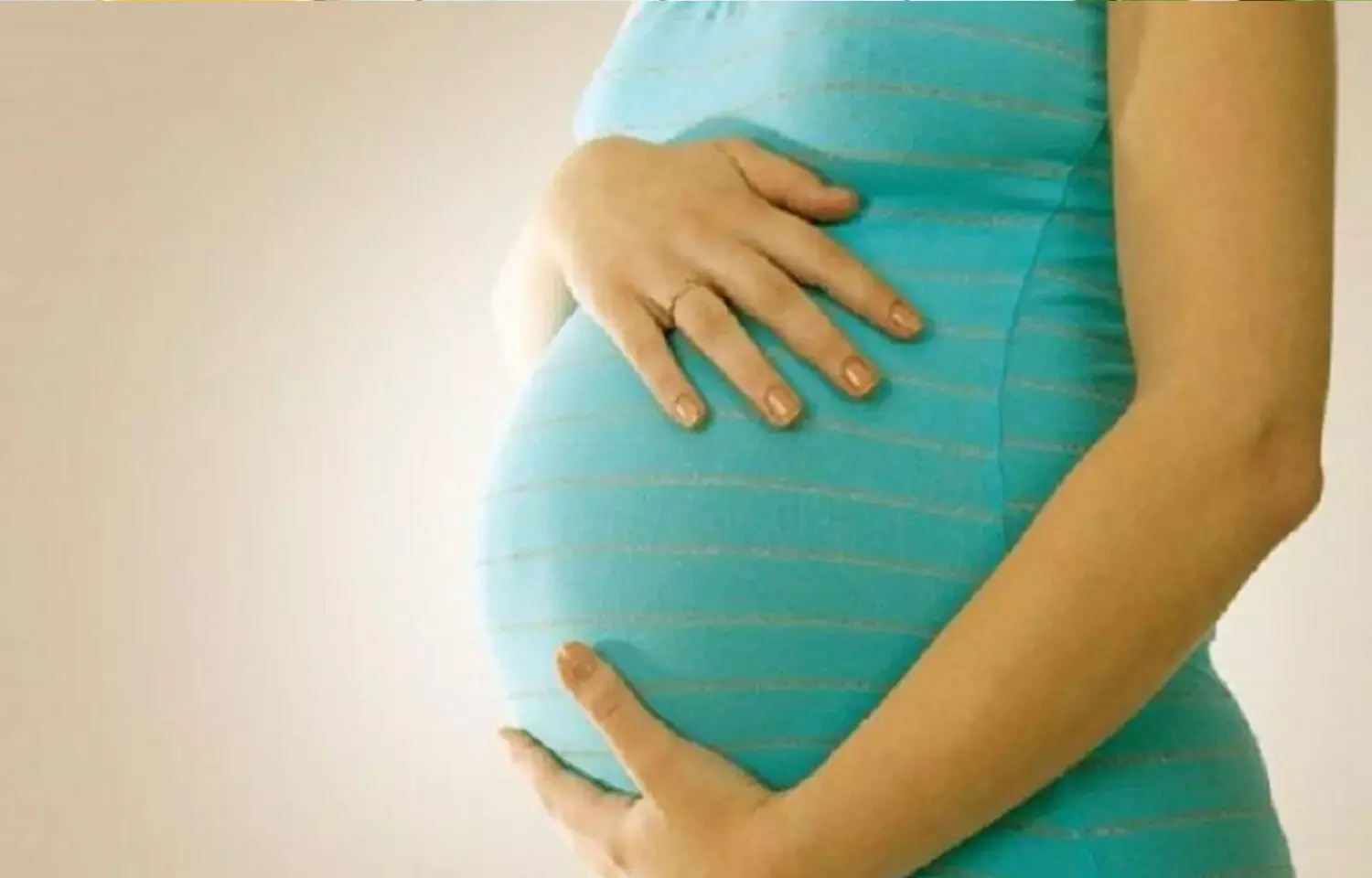- Home
- Medical news & Guidelines
- Anesthesiology
- Cardiology and CTVS
- Critical Care
- Dentistry
- Dermatology
- Diabetes and Endocrinology
- ENT
- Gastroenterology
- Medicine
- Nephrology
- Neurology
- Obstretics-Gynaecology
- Oncology
- Ophthalmology
- Orthopaedics
- Pediatrics-Neonatology
- Psychiatry
- Pulmonology
- Radiology
- Surgery
- Urology
- Laboratory Medicine
- Diet
- Nursing
- Paramedical
- Physiotherapy
- Health news
- Fact Check
- Bone Health Fact Check
- Brain Health Fact Check
- Cancer Related Fact Check
- Child Care Fact Check
- Dental and oral health fact check
- Diabetes and metabolic health fact check
- Diet and Nutrition Fact Check
- Eye and ENT Care Fact Check
- Fitness fact check
- Gut health fact check
- Heart health fact check
- Kidney health fact check
- Medical education fact check
- Men's health fact check
- Respiratory fact check
- Skin and hair care fact check
- Vaccine and Immunization fact check
- Women's health fact check
- AYUSH
- State News
- Andaman and Nicobar Islands
- Andhra Pradesh
- Arunachal Pradesh
- Assam
- Bihar
- Chandigarh
- Chattisgarh
- Dadra and Nagar Haveli
- Daman and Diu
- Delhi
- Goa
- Gujarat
- Haryana
- Himachal Pradesh
- Jammu & Kashmir
- Jharkhand
- Karnataka
- Kerala
- Ladakh
- Lakshadweep
- Madhya Pradesh
- Maharashtra
- Manipur
- Meghalaya
- Mizoram
- Nagaland
- Odisha
- Puducherry
- Punjab
- Rajasthan
- Sikkim
- Tamil Nadu
- Telangana
- Tripura
- Uttar Pradesh
- Uttrakhand
- West Bengal
- Medical Education
- Industry
Periconception blood sugar control improves maternal and perinatal outcomes: JAMA

Canada: Reduction in blood sugar levels improves outcomes for mother and child in women having diabetes before pregnancy, suggests a recent study in the journal JAMA Network Open.
Prepregnancy diabetes increases the risk of maternal and perinatal morbidity, especially if periconception blood sugar control is suboptimal. It is not known if improving control of blood sugar level from preconception to early pregnancy and midpregnancy periods can reduce the risk of adverse maternal and perinatal outcomes.
Alexander J. F. Davidson, Department of Medicine, University of Toronto, Toronto, Ontario, Canada, and colleagues determined whether a decline in HbA1c levels from preconception to the first half of pregnancy is associated with a lower risk of adverse outcomes for mother and child.
The population-based cohort study was performed in Ontario, Canada from 2007 to 2018. It included 3459 births among women with prepregnancy diabetes whose HbA1c was measured within 90 days preconception and again from conception through 21 weeks completed gestation (early pregnancy to midpregnancy).
Net decrease in HbA1c from preconception to early pregnancy and midpregnancy was measured. The main outcome was a congenital anomaly from birth to age 1 year.
Key findings of the study include:
- The mean (SD) HbA1c decreased from 7.2% preconception to 6.4% in early pregnancy to midpregnancy.
- There were 497 pregnancies (14.4%) with a congenital anomaly, with an aRR of 0.94 per 0.5% net decrease in HbA1c, including for cardiac anomalies (237 infants; aRR).
- The risk was also reduced for preterm birth (847 events; aRR, 0.89).
- SMM or death occurred among 191 women (5.5%), with an aRR of 0.90 per 0.5% net decrease in HbA1c.
"Women with prepregnancy diabetes who achieve a reduction in HbA1c may have improved perinatal and maternal outcomes," wrote the authors.
"Further study is recommended to determine the best combination of factors, such as lifestyle changes and/or glucose-lowering medications, that can influence periconception HbA1c reduction," they concluded.
The study, "Association of Improved Periconception Hemoglobin A1c With Pregnancy Outcomes in Women With Diabetes," is published in the journal JAMA Network Open.
DOI: https://jamanetwork.com/journals/jamanetworkopen/fullarticle/2774458
Dr Kamal Kant Kohli-MBBS, DTCD- a chest specialist with more than 30 years of practice and a flair for writing clinical articles, Dr Kamal Kant Kohli joined Medical Dialogues as a Chief Editor of Medical News. Besides writing articles, as an editor, he proofreads and verifies all the medical content published on Medical Dialogues including those coming from journals, studies,medical conferences,guidelines etc. Email: drkohli@medicaldialogues.in. Contact no. 011-43720751


